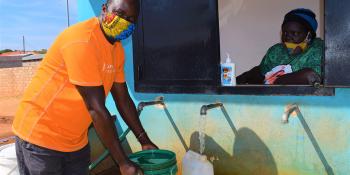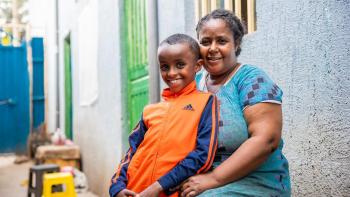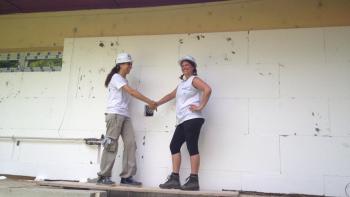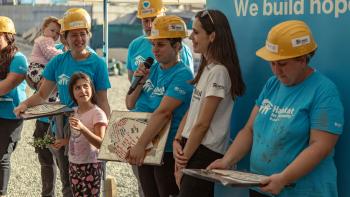
2020 – Homes, Communities, Hope, You
Even as COVID-19 significantly impacted Habitat’s ability to build at full capacity — and likely will continue to do so in many locations well into 2021 — we still have seen great progress and positive results. In fiscal year 2020, we helped more than 5.9 million people build or improve a place to call home, and through training and advocacy, an additional 9.9 million gained the potential to improve their housing conditions.


